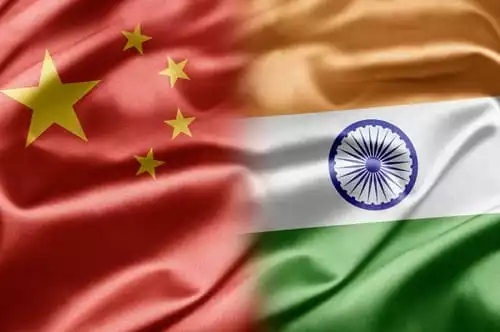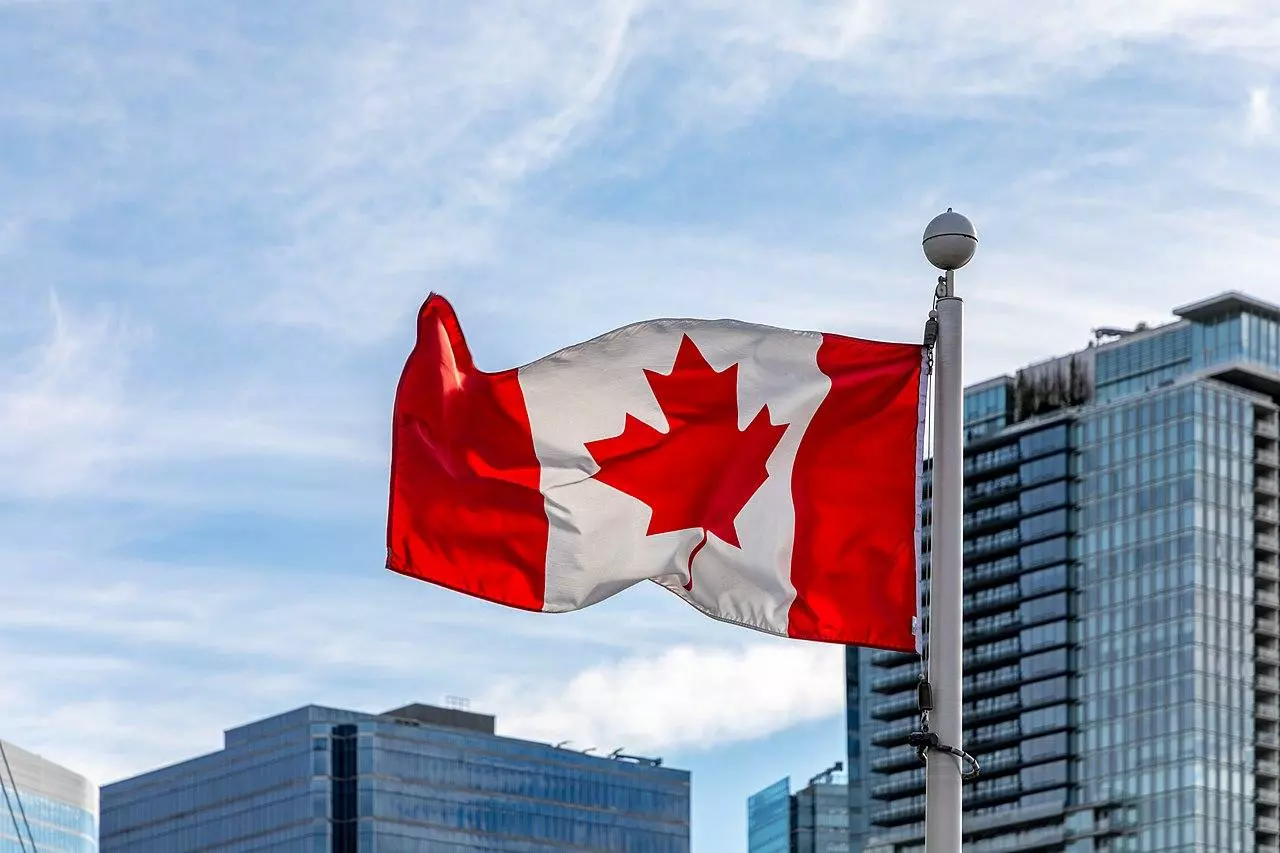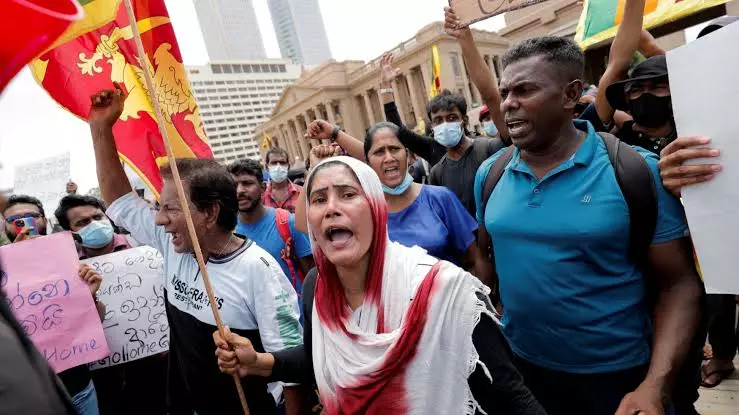The global de-dollarisation trend is not totally a bed of roses, or at least there are thorns in the roses that have to be taken into account. While de-dollarisation seems to be an irreversible trend on the global scale, at regional levels it is running into bilateral or regional political tensions. In this regard, one of the most prominent cases is in Asia: the India-China border dispute.
In April 2023, the Chinese national currency, yuan, ranked third in international trade settlements made through the US-dominated SWIFT system. According to data from the system itself, yuan’s share in April was “record high,” although that share was only 4.72%, after euro’s 6.54%. The US dollar remained the main trading currency with a share of 83.95% but this was considered as “approaching years-long lows,” given that its share dropped below 84% only twice throughout the history of the SWIFT since the elimination of the gold standard in 1944.
However, these figures do not reflect the real global situation, as numerous countries worldwide, either under US sanctions or threatened with US sanctions, are conducting trade in national currencies outside the SWIFT system, and the most used currency in such transactions is the Chinese yuan. Discussions are ongoing within the BRICS about launching a common currency for transactions among the bloc members. Another line of discussion has also emerged – how about using the yuan in transactions not only with China but also with other like-minded countries? It is this question that has run into one of the most significant border disputes in the world – that between China and India, and the country that has fallen into the middle of this dispute is Russia.
This year, Chinese yuan replaced US dollar as the most traded currency in Russia. Most bilateral trade between Russia and China, which amounted to $185 billion in 2022, is also being conducted in yuan.
At the same time, bilateral trade between Russia and India reached an all-time high of $40 billion in the fiscal year 2022-2023. In fact, Russia became the second largest supplier of goods to India in the first quarter (January-March) of 2023, according to data from the Ministry of Trade and Industry, government of India.
However, according to experts in economy, this trade will receive a "new boost" if the two countries can start trading in yuan.
"Russia would prefer India to pay in Chinese yuan,” comments Chris Devonshire-Ellis, president of business consultancy firm Dezan Shira & Associates. “But due to political and military differences with China, India is unwilling to do so. Therefore, it is interesting that the main problem facing Russia-India trade is actually this matter of the Chinese yuan.”

Another interesting thing that Indian media refuses to highlight: despite the bilateral dispute, China is the largest supplier of goods to India, and remained so in the same January-March quarter of 2023, although the value of imports recorded a 15.4% decline compared to the same period of 2022.
While the Indian government appears to be a participant in the global de-dollarisation schemes, it also seems to have the policy of actively avoiding the use of yuan in settling accounts in foreign trade. In this context, India’s increasing imports of Russian crude oil has created a significant trade imbalance between the two traditional trade and diplomatic partners, which, in turn, has led to a currency imbalance as well. This imbalance originates from the fact that the Indian government is paying its Russian counterpart in Indian rupees for all of its imports, including oil. This has generated a significant surplus of the Indian currency in Russia, and Moscow is finding it difficult to exchange that in international markets, because unlike yuan, Indian rupee has not become a currency of foreign reserve or international trade.
In addition to a record increase in bilateral trade, India's trade deficit with Russia also reached historic highs of $34.79 billion between April 2022 and January 2023, driven by a significant increase in Russian crude oil exports to India.
The two governments addressed the trade imbalance and market access issues at the India-Russia Intergovernmental Commission on Trade, Economic, Scientific, Technological and Cultural Cooperation (IRIGC -TEC) held in New Delhi in April this year. India and the Eurasian Economic Union (EAEU), of which Russia is the largest player, are also negotiating a free trade agreement to address questions such as diversification of trade and reduction of trade imbalance between partners.
Amid all this, another issue that needs to be urgently discussed is the India-China border dispute. It must be remembered that the border between the two countries is not a real border negotiated through bilateral discussions, but a line imposed by the British while India was a colony of the British Empire and China was being sacked by the same colonial power.
The India-China border dispute, however, goes much beyond the countries. It also involves claims to some territories by Pakistan. The India-Pakistan relation – or lack thereof – is another well-known issue in global geopolitics, which also remains to be resolved. The fate of the China-Pakistan Economic Corridor (CPEC), and even that of the New Silk Route to a certain extent, rest on the resolution of these disputes in South Asia.
Resolving the dispute is not a question of one country being right and another being wrong, contrary to the dominant discussions in media and social media of both countries. It is a question of decolonisation of Asia, which must be a feature of the new multipolar world that is emerging.
Unless this problem gets resolved on the short term, or unless the two governments adopt the reasonable position of not mixing up geopolitics and bilateral politics, the de-dollarisation scenario in Asia will remain complicated.
Editor's Note:
The views and informations expressed in the article are solely those of the author and may or may not reflect the views of The International. We believe in providing a platform for a range of viewpoints from the left.






